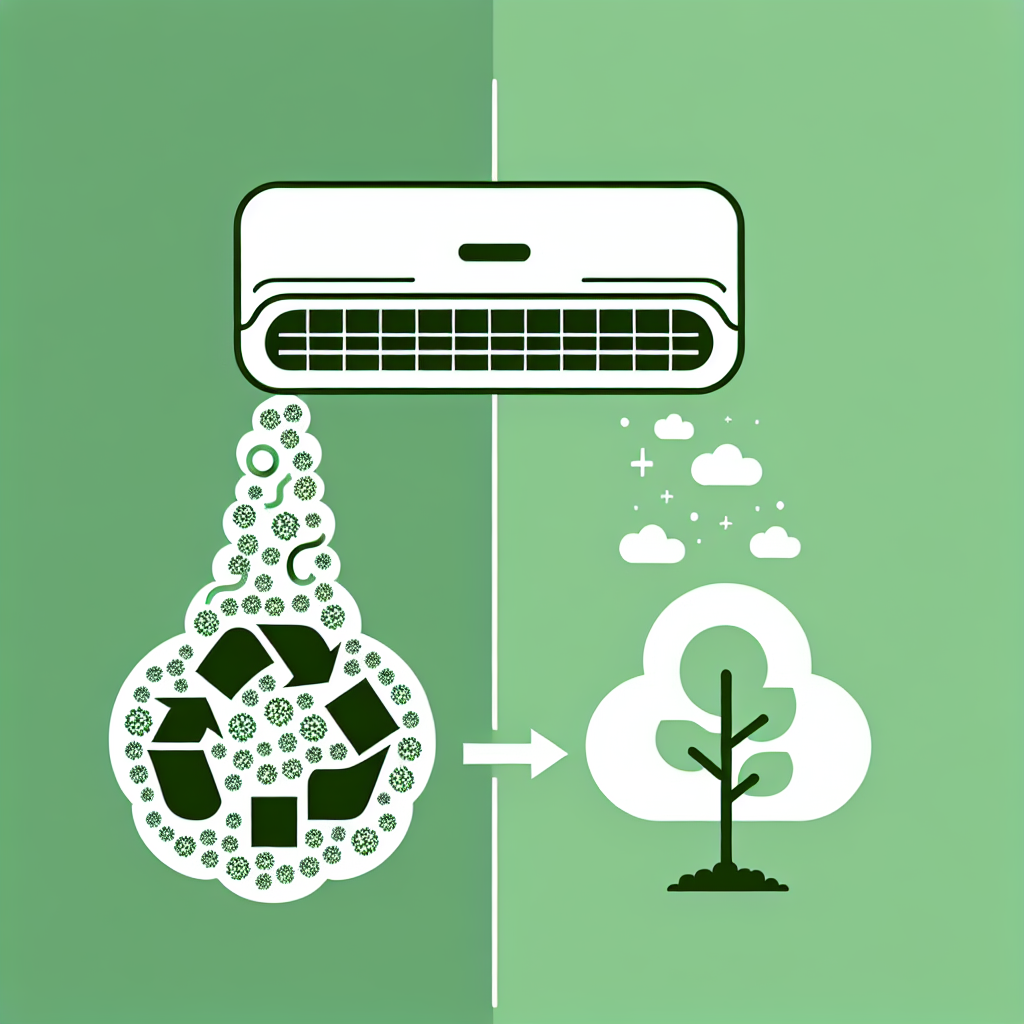Your cart is currently empty!
The Environmental Impact of Air Conditioning and How to Reduce It

Air conditioning has become an essential part of modern life, providing relief from sweltering temperatures during the hot summer months. However, the environmental impact of air conditioning is significant and cannot be ignored. The energy used to power air conditioning units contributes to greenhouse gas emissions, which are a major driver of climate change. In addition, the refrigerants used in air conditioners release potent greenhouse gases when they leak or are improperly disposed of.
Fortunately, there are ways to reduce the environmental impact of air conditioning and minimize its contribution to climate change. Here are some tips on how to make your air conditioning more eco-friendly:
1. Use energy-efficient air conditioning units: When purchasing a new air conditioner, look for models that have a high energy efficiency rating. Energy-efficient units use less electricity to cool your home, which helps to reduce your carbon footprint.
2. Keep your air conditioning unit well-maintained: Regular maintenance can help your air conditioner run more efficiently, reducing the amount of energy it uses. Make sure to clean or replace air filters regularly, check for leaks in the ductwork, and have a professional inspect and tune up your unit at least once a year.
3. Set your thermostat wisely: Keeping your thermostat at a moderate temperature can help to reduce energy consumption. Set your thermostat to the highest temperature you find comfortable in the summer, and use fans to circulate cool air throughout your home.
4. Use a programmable thermostat: Programmable thermostats allow you to set different temperatures for different times of day, allowing you to save energy when you are away from home or sleeping.
5. Use fans and natural ventilation: Using fans in conjunction with your air conditioner can help to circulate cool air more effectively, allowing you to set your thermostat higher. Opening windows and using natural ventilation can also help to cool your home without using as much energy.
6. Plant shade trees and use window coverings: Planting trees near your home can provide natural shade, reducing the amount of heat that enters your home. Using window coverings such as blinds or curtains can also help to block out sunlight and keep your home cool.
By taking these steps, you can reduce the environmental impact of air conditioning and help to combat climate change. Making your air conditioning more energy-efficient not only benefits the environment but also saves you money on your energy bills. With a few simple changes, you can enjoy a cool and comfortable home while minimizing your carbon footprint.

Leave a Reply